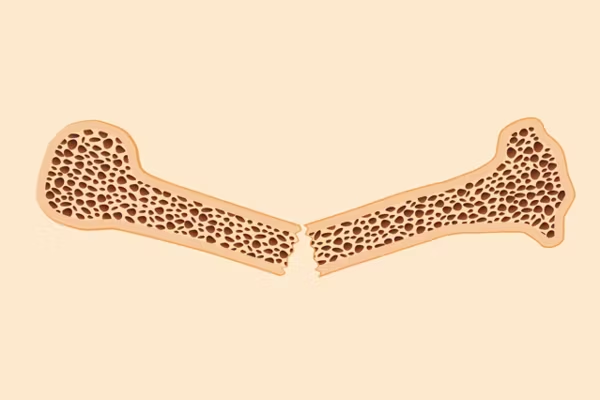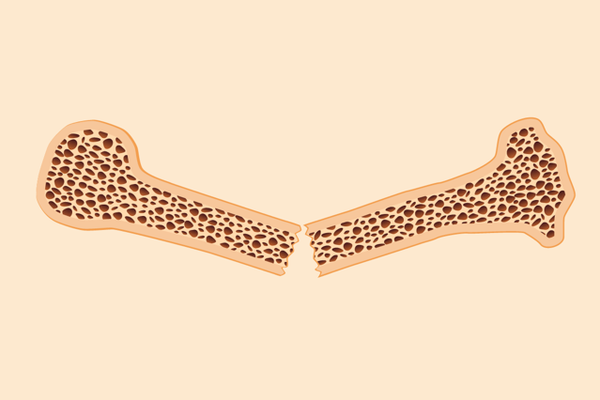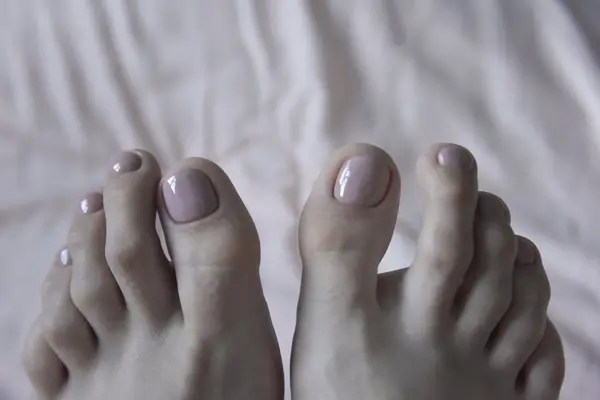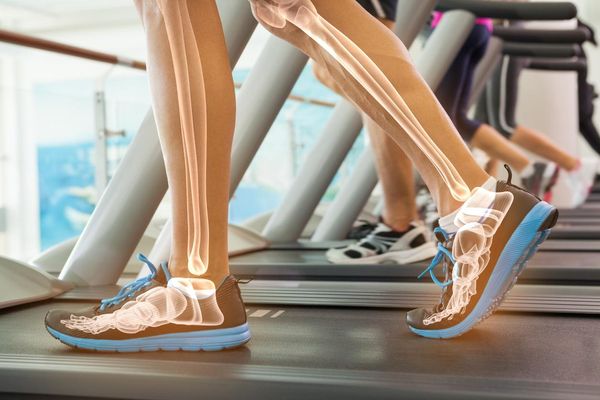Your bones are a big deal. Think of them as the framework for life — without bones, you can’t do anything, really.
But unless you’re in a cast or hobbling around on crutches, you’re probably not thinking about your spectacular skeleton as much as you should. And that can lead to serious consequences.
Everyone experiences age-related bone loss. It’s natural. But women are more likely to develop osteoporosis — a disease that weakens the bones. Of the 10 million people in the United States that have osteoporosis, 8 out of 10 are women. And half of all women over the age of 50 will break a bone because of osteoporosis.
The good news is that you can take steps to reduce your risk of getting injured and be proactive about your bone health at any age. The first step is talking to your healthcare provider (HCP).
We know it’s hard to remember all the questions you should ask, so we made it easy: Follow the plan below for tips on how to prepare for your appointment and a list of questions to go over with your HCP.
Prepare for your visit
- Write down any questions you have about bone health for your HCP.
- Know what medications you’re taking (including dosage and frequency).
- Be prepared to discuss family history of fractures and/or bone disease(s), and personal risk factors such as medications, smoking and alcohol use, diet, age and exercise.
- If visiting with a new healthcare provider, come prepared with any information about previous scans, falls, and/or fractures.
General questions to ask your HCP
- Am I at risk for osteoporosis based on my risk factors (e.g., family history, age, medical conditions, diet lacking calcium or vitamin D, smoking history, alcohol use, medication use, lack of exercise)?
- Am I getting the proper nutrition to protect my bones? (You can ask directly about calcium and vitamin D intake.)
- What exercises should I be doing to improve bone strength?
- Do any of the medications I’m using cause bone loss?
- Do any of the conditions I have lead to bone loss or put me at increased risk of osteoporosis?
- Do I need to be evaluated with a risk assessment test, like FRAX?
- Do I need a screening test for my bone mineral density or other diagnostic tests, like a DEXA scan, REMS ultrasound, or any others?
- Is there anything I should do to improve safety in my home to reduce risk of falls?
After a screening test
- Could you explain my scan results?
- What do they mean for my risk of osteoporosis?
If you have low bone density
- What treatment options are available to prevent further bone loss?
- Are there treatment options to build bone mass?
- When should I get another scan?
- What else should I do to protect myself given my lower bone density?
This educational resource is supported by Amgen and UBC. Content developed independently by HealthyWomen.







